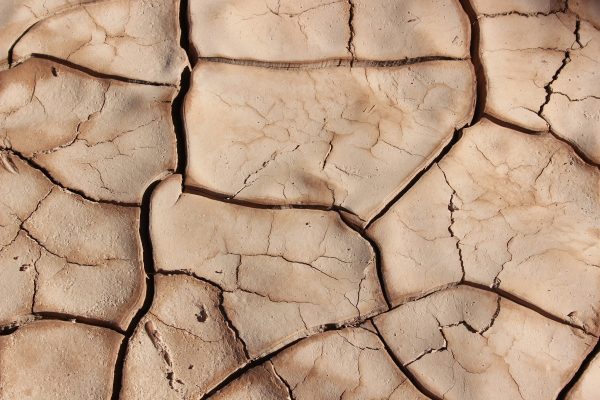NEW CAIRO | EIEC – Egypt International Exhibition Center
In collaboration with




Water is essential for all life on earth, yet the world is facing an impending crisis of water scarcity. With increasing populations, rapid urbanization, industrialization, and climate change, the availability of fresh water is diminishing at an alarming rate. This global water shortage has severe implications for human health, agriculture, economic development, and the environment.
According to the United Nations, approximately 2.2 billion people lack access to safe drinking water, while 4.2 billion people face water scarcity for at least one month each year. These figures indicate that more than one-fourth of the world’s population is affected by water scarcity to some degree.
Regions across the globe are already experiencing the devastating consequences of water scarcity. From drought-stricken regions in Africa, like the Sahel and the Horn of Africa, to the water-stressed Middle East, and even developed nations facing water stress and shortages, such as Australia and the American Southwest, the challenges are widespread and acute.
Multiple factors contribute to the global water crisis. Climate change plays a significant role, altering rainfall patterns and exacerbating drought and flood events. Poor water management practices, including over-extraction from aquifers, inefficient irrigation methods in agriculture, and pollution of water sources, further aggravate the problem. Additionally, rapid population growth and urbanization put a tremendous strain on water resources, as the demand for water increases exponentially.
Water scarcity poses a severe threat to human life and well-being. Limited access to clean drinking water leads to waterborne diseases, contributing to millions of deaths annually, especially among children in developing countries. Water scarcity also affects sanitation and hygiene, leading to inadequate sanitation facilities and the spread of diseases like cholera and dysentery.
Agriculture, a sector heavily reliant on water, is also significantly affected. Insufficient water availability leads to failed crops, food insecurity, and economic instability, particularly in developing regions where agriculture is a primary source of livelihood.
In addition, industries that depend on water for production face constraints, hindering economic growth and increasing the cost of goods and services. Moreover, conflicts over water resources between communities, regions, and even nations are becoming more common, further exacerbating tensions and destabilizing global security.
Addressing the global water scarcity crisis requires a comprehensive and multi-faceted approach. It starts with improved water management strategies, including better monitoring, efficient irrigation techniques, and investment in water infrastructure. Strict regulations, enforcement of pollution control measures, and conservation efforts are also crucial to mitigate water pollution and degradation.
Promoting water conservation practices and behavioral changes at an individual and community level is essential. Education and awareness campaigns can help people understand the value of water resources and encourage responsible water usage.
Investment in research and development of new technologies for water desalination, wastewater treatment, and rainwater harvesting can also contribute to mitigating water scarcity. Collaboration among governments, organizations, and stakeholders at the local, regional, and international levels is imperative to address this complex problem.
Water scarcity is a global crisis that requires urgent attention and action. Without sustainable management and conservation efforts, the world is on a dangerous path towards severe water shortages with dire consequences for human life, ecosystems, and global stability.
To secure a water-rich future, we must prioritize sustainable water practices, invest in water infrastructure, and implement policies that promote responsible water usage. Only through collective efforts can we ensure the availability of clean water for all and safeguard our planet for future generations.